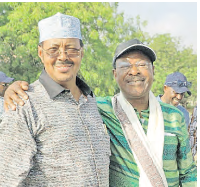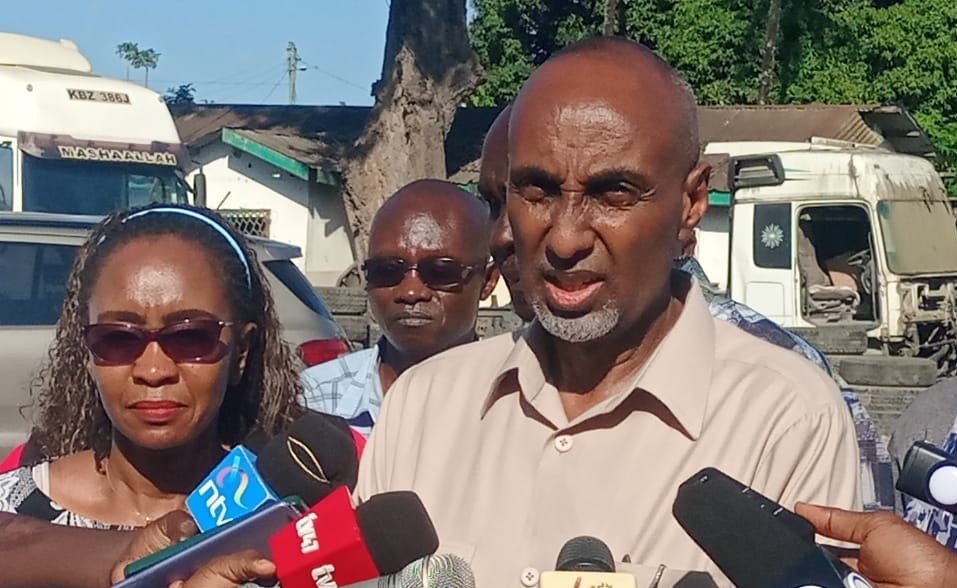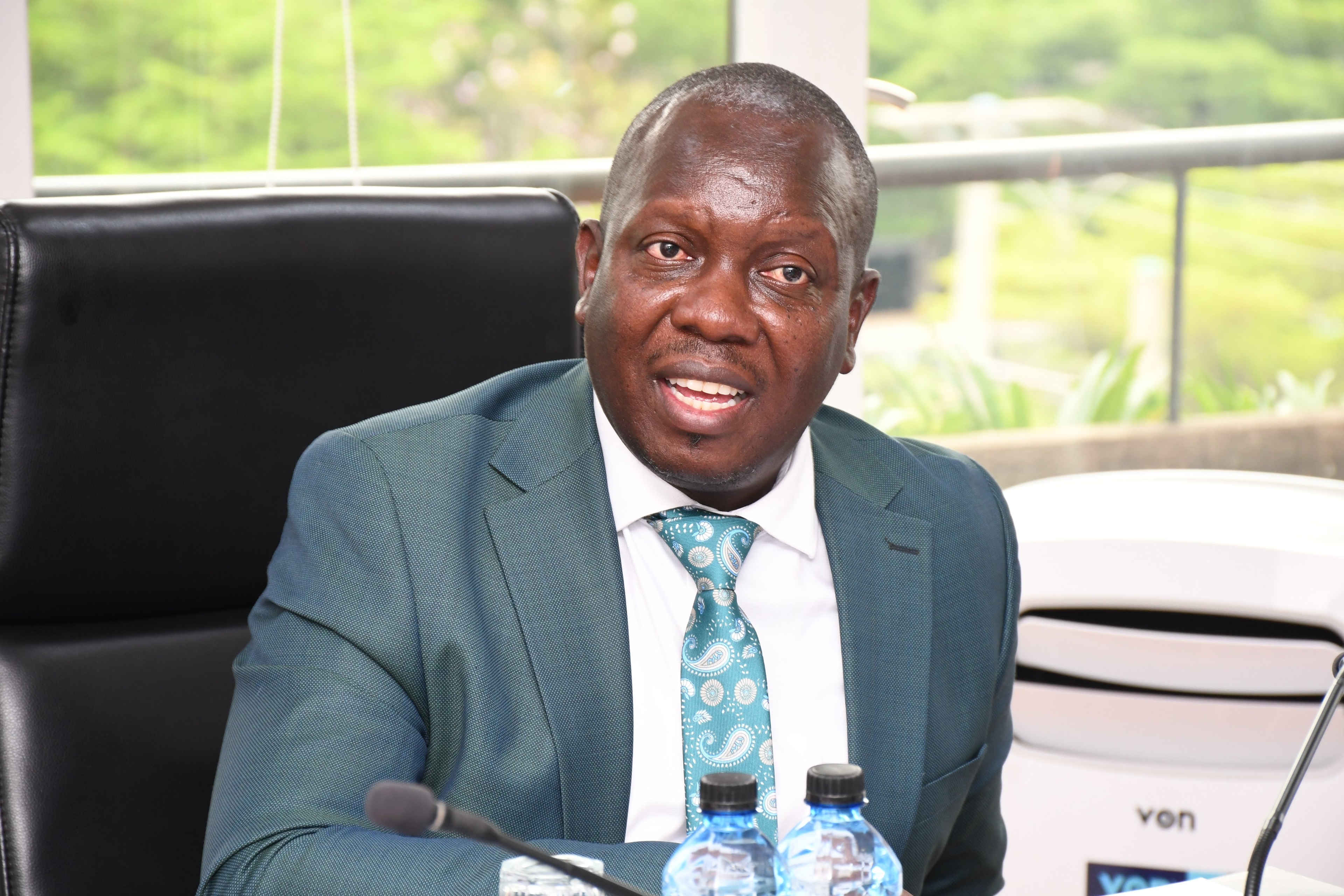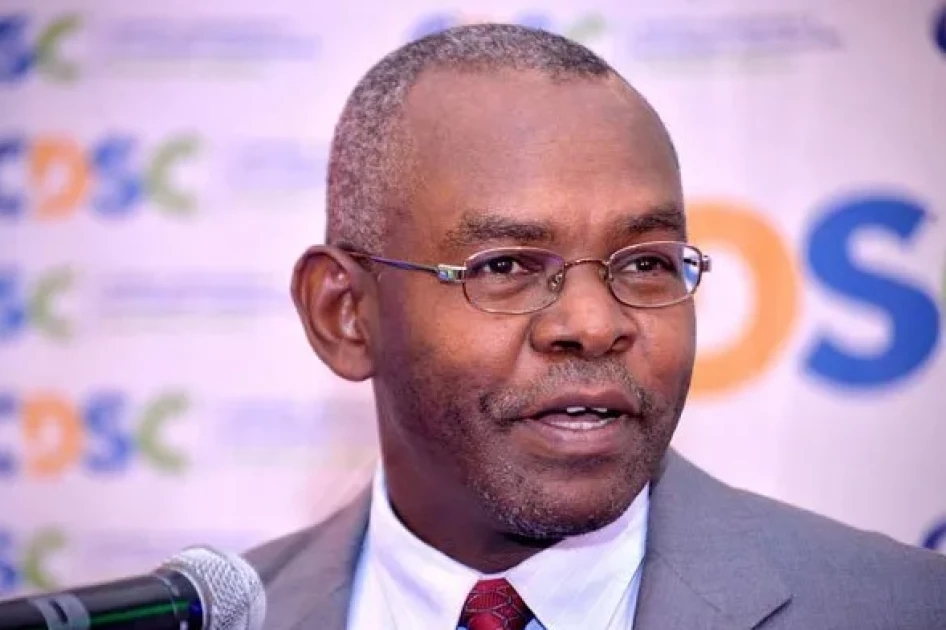
Pastoral counties have been urged to stop lamenting about being marginalised and instead fight for their rightful share in the government.
Aldas MP Aden Keynan said his fellow lawmakers from 15 counties that form the pastoralist community have enough numbers of legislators who can push their agenda inside and outside Parliament.
Speaking in Wajir during the second day of a pastoral leadership summit, Keynan, who is the chairman of the Northern Kenya Parliamentary Group, said the time had come for leaders from the region to put their strength in numbers to good use.
“For over two decades, we have been lamenting that we were being marginalsed by successive regimes. Should we keep on complaining that we are marginased? No, we have marginalised ourselves,” he said.
“But now three things have converged. We have a government led by a pastoralist called William Ruto. We have a constitution that is friendly and, above all, we have the caucus with the best brains: 109 MPs, we can literally control the legislative agenda of parliament.”.
The former Northern Frontier District has for decades suffered from marginalisation.
However, since the inception of devolution under the current constitution, resources allocated through the counties have more than tripled.
As a result, the counties have witnessed development.
However, corruption, nepotism, and misplaced priorities have slowed down progress.
Keynan, who is one of the longest-serving legislators in the region and the country, urged National Assembly Speaker Moses Wetang’ula to help unlock the bottlenecks for the smooth rollout of the Equalisation Fund.
“I want members when you go back, can we sit down and unlock the Sh60 billion floating between Treasury and different departments and bring it to the 15 counties,” Keynan said.
The summit, themed ‘Unlocking policy and financial bottlenecks to mainstream pastoralism in Kenya’, brought together leaders and stakeholders from 15 pastoralist counties across Kenya.
The forum sought to address common critical challenges, including providing solutions to the effects of droughts, ending resource-based conflicts, and broadening access to livestock markets, while making avenues for infrastructure development.
















